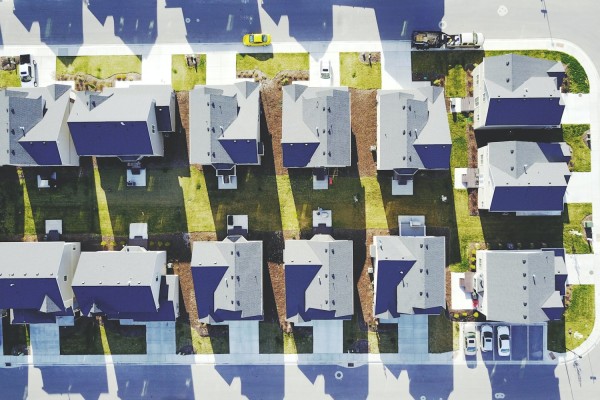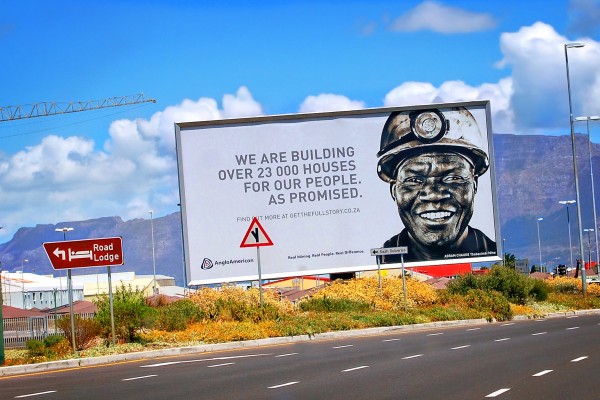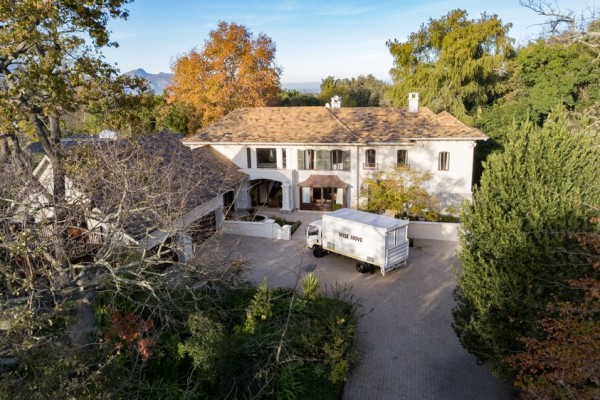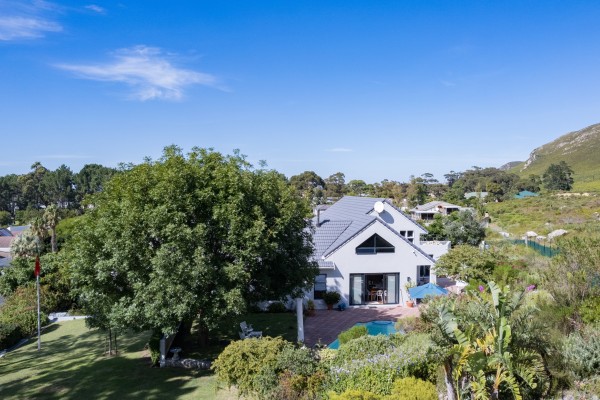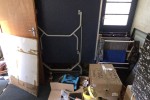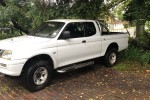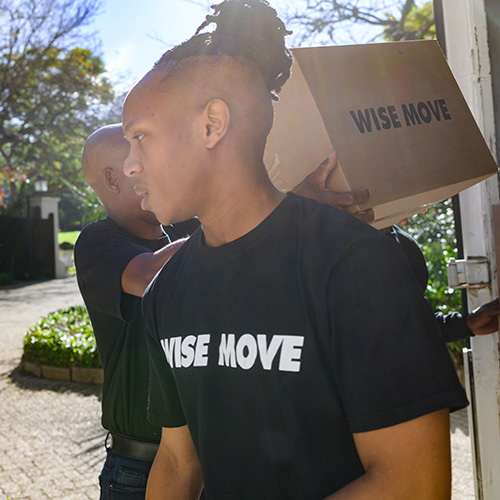7 Downsides to Consider Before Moving to South Africa

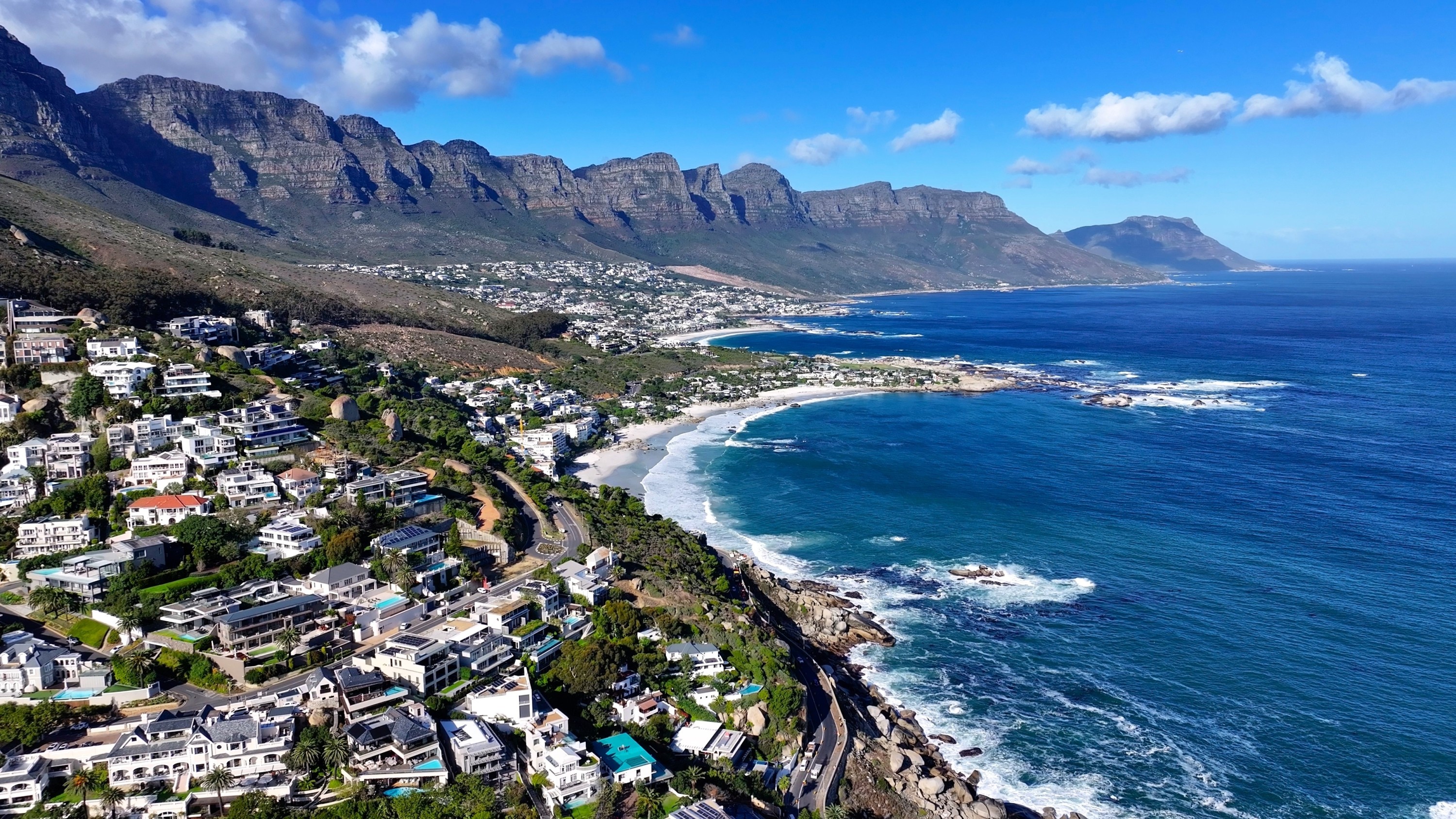
However, as with any country, South Africa has her fair share of challenges.
Before making the decision to relocate, it's important to weigh the pros of moving to South Africa against the potential downsides.
Full disclaimer, South Africa is an amazing place to live and if you can find a way to navigate the challenges, you’re in for a beautiful ride.
1. Getting Visas
Paperwork at government agencies in South Africa is notorious for moving slowly, and it isn't possible for expats to get a job in the Republic without a visa.
It can be difficult to predict how long a visa approval will take and as a result, many South African employers choose to avoid the complexity of it all and hire locally (where possible).
The bright side? Expats with critical skills or specialised qualifications often have an easier time navigating this process. Intra-company transfers or starting a local business are also viable options.
The recent push for a "Remote Working Visa" offers a more flexible pathway for expats looking to settle without employment-based restrictions.
2. Crime Rates
Crime is often a concern for those considering moving to South Africa. The country has a reputation for higher crime rates, particularly in urban areas, and adjusting to heightened security measures can be unsettling for newcomers.
It's important to take safety precautions and work on your street smarts. Expats and tourists tend to be easy targets for robberies, muggings, hijackings and smash-and-grabs.
This doesn't mean you can't live a safe life in South Africa. As with any country, there are crime 'hot spots' so just be vigilant of your surroundings, and avoid isolated areas at night.
The upside? South Africans are extremely security-conscious, with gated communities, private security companies, and neighbourhood watch programs providing a sense of safety.
Once you understand how to navigate these systems, you can enjoy all the country has to offer, including its vibrant cities and beautiful outdoor spaces.
Alternatively, just live in one of our beautiful coastal towns where even the crime is slow.
3. Economic disparity
South Africa is one of the most unequal countries in the world. This disparity is an ongoing source of tension (as the divide is still very much along racial lines), political unrest and the high crime rates, amongst other socio-economic issues.
The country also bears the unfortunate distinction of having the highest unemployment rate across the globe. In the first quarter of 2024, South Africa's official unemployment rate rose to 32.9%, while the broad unemployment rate (which includes disgruntled job seekers) increased to 41.9%.
Wages are also comparatively low if you're earning rands, while employers are only required to give 15 days of annual leave. Foreign nationals may be used to more generous leave policies. Understanding the economic landscape in South Africa can help you make more informed financial decisions.
However, the country’s rich cultural diversity and strong sense of community help bridge these gaps. Many expats find opportunities to contribute to social initiatives, helping uplift communities and make a meaningful difference.
4. Healthcare in South Africa
While private healthcare in South Africa is excellent, public healthcare can be inconsistent in terms of quality and wait times. Expats often opt for private health insurance to ensure access to top-notch medical facilities.
Fortunately, South Africa has quality private healthcare and a network of over 200 private hospitals and clinics. Visits to GPs are reasonably priced (R350 - R600 [$19 – $32] per visit) and you can choose from a large selection of health insurance schemes. Some of the more basic hospital plans are relatively inexpensive (generally ranging between R1500 - R3000 [$80 – $160] per month).
What’s more, as an expat living and paying taxes in South Africa, 40% of your healthcare fees will be covered by government subsidies.
5. Education challenges
Much like the healthcare system, there is a significant difference between public and private schools in South Africa.
South Africa has excellent private, international and former 'Model-C' schools (semi-private). Many public schools however, particularly in less affluent areas, face similar challenges such as overcrowding and a lack of resources/ staffing.
As an expat, you may want to look into private and Model-C schooling options - which generally offer the best sporting facilities too.
At the end of the day, these issues need more skilled people entering and uplifting the country for all. As an expat in South Africa, you may just be able to make a difference in the lives of the youth by sharing your skills and experience.
6. Ageing Infrastructure
South Africa has modern infrastructure in its urban areas but it's not uncommon to have a first-world experience followed soon after by a third-world experience!
Until recently, an ongoing energy crisis has resulted in near daily, rolling blackouts across the country (known as "load-shedding".) The national power utility says its recovery plans are finally bearing fruit, but has acknowledged that the risk of load shedding still exists.
A problem remains with ageing infrastructure and poor maintenance thereof in many South African cities. Residents in large metros like Johannesburg frequently encounter water supply problems, while neglected roads and other service delivery issues have led to a growing trend of semigration.
Many expats and locals have adapted by investing in solar power, backup generators, and water storage solutions. Furthermore, these challenges have spurred innovation, with renewable energy initiatives gaining traction across the country.
7. Cost of Living is on the Up
Countries worldwide are facing a cost-of-living crisis, and South Africa has not been spared. Factors such as housing, transportation, and utilities have contributed to the overall rise in living costs. However, this is felt most by locals.
Mercer’s Cost of Living survey ranked Johannesburg and Cape Town as the 206th and 209th most expensive cities for 2024 (out of 226). Hong Kong, New York, London and Los Angeles all made the top ten.
To put it in perspective, we’re not even ranked the most expensive place to live in Africa.
While there are some downsides to moving to South Africa, many come with a silver lining. One thing you won’t need to stress about is the cost of your move.
Finding an affordable mover in South Africa is easy with platforms like Wise Move, where you can get quotes from a variety of moving companies. With just one enquiry, you’ll receive multiple quotes to compare, saving you time and effort calling around. Get a trusted mover now, create your request, and book your move with ease through Wise Move.
What do our customers say?




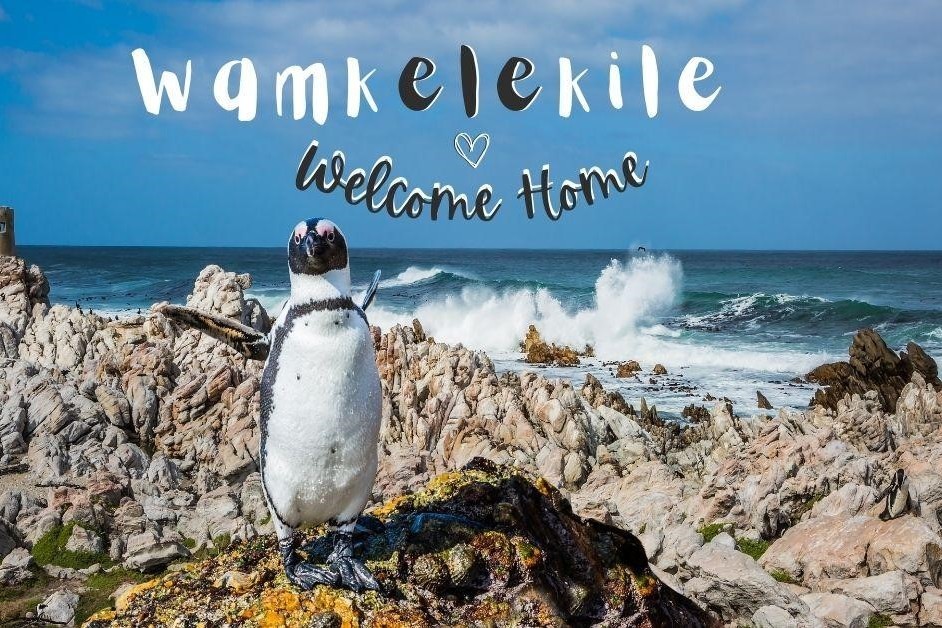
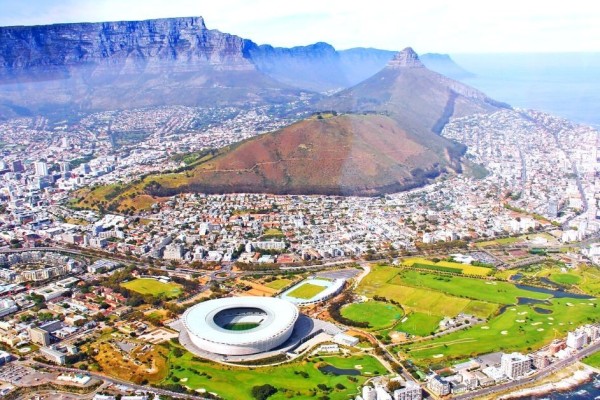
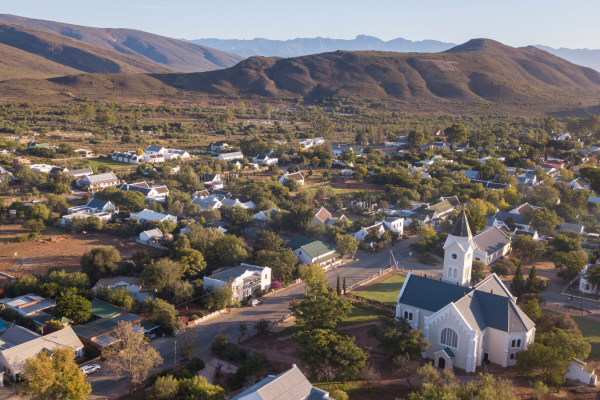
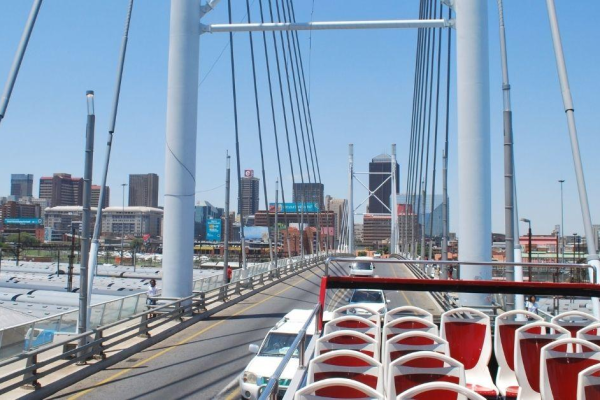
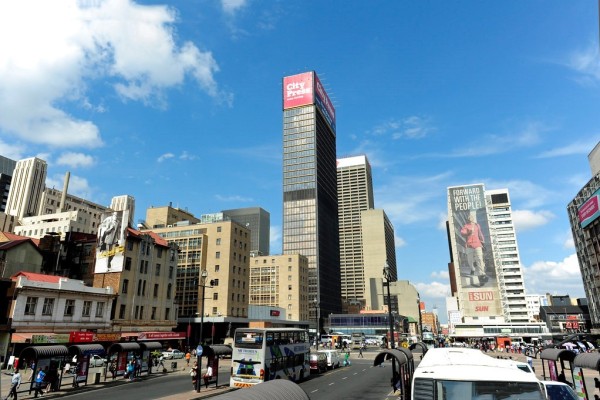
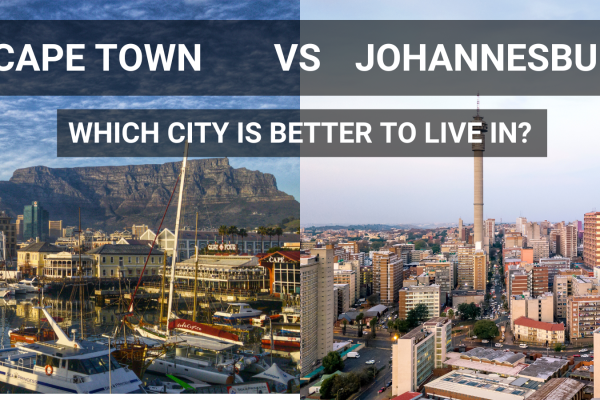
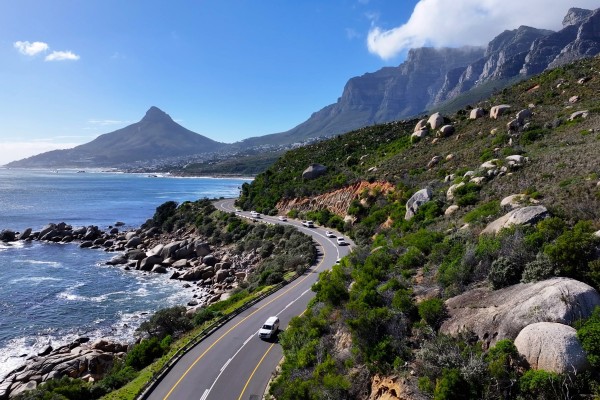

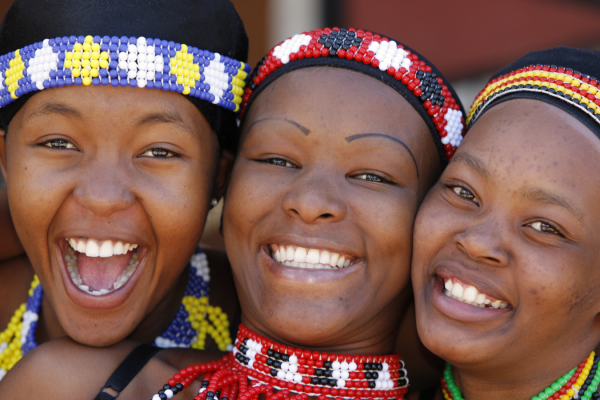
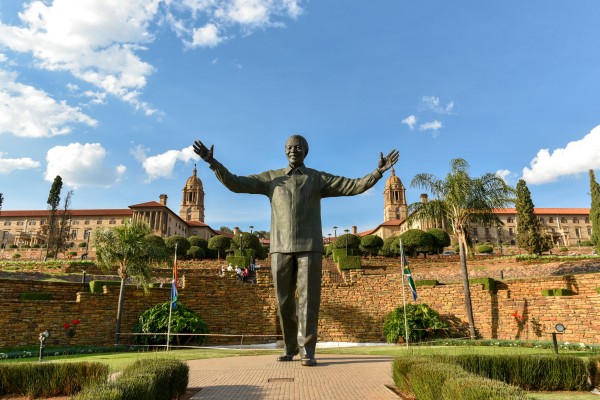
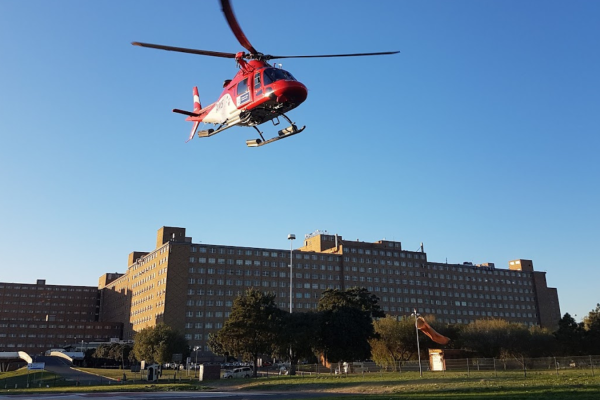
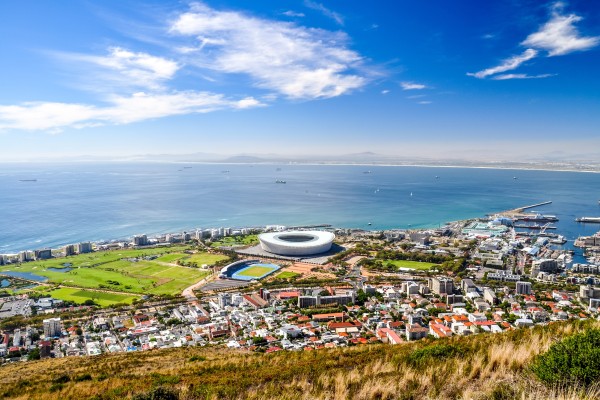
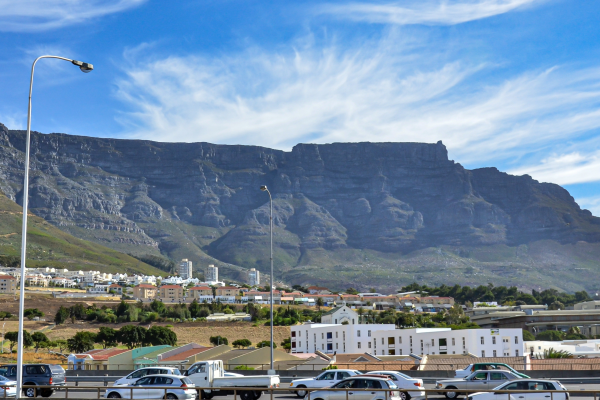
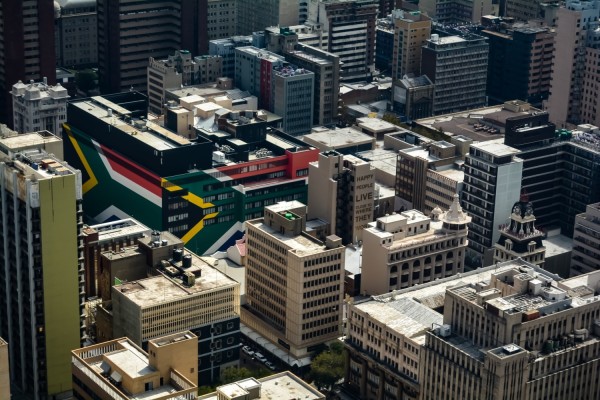
![The Cost of Living in Durban [2025] The Cost of Living in Durban [2025]](https://cdn.wisemove.co.za/image/blog/33d6922f3018eeb43ebed98163e7b2cd.jpeg)

